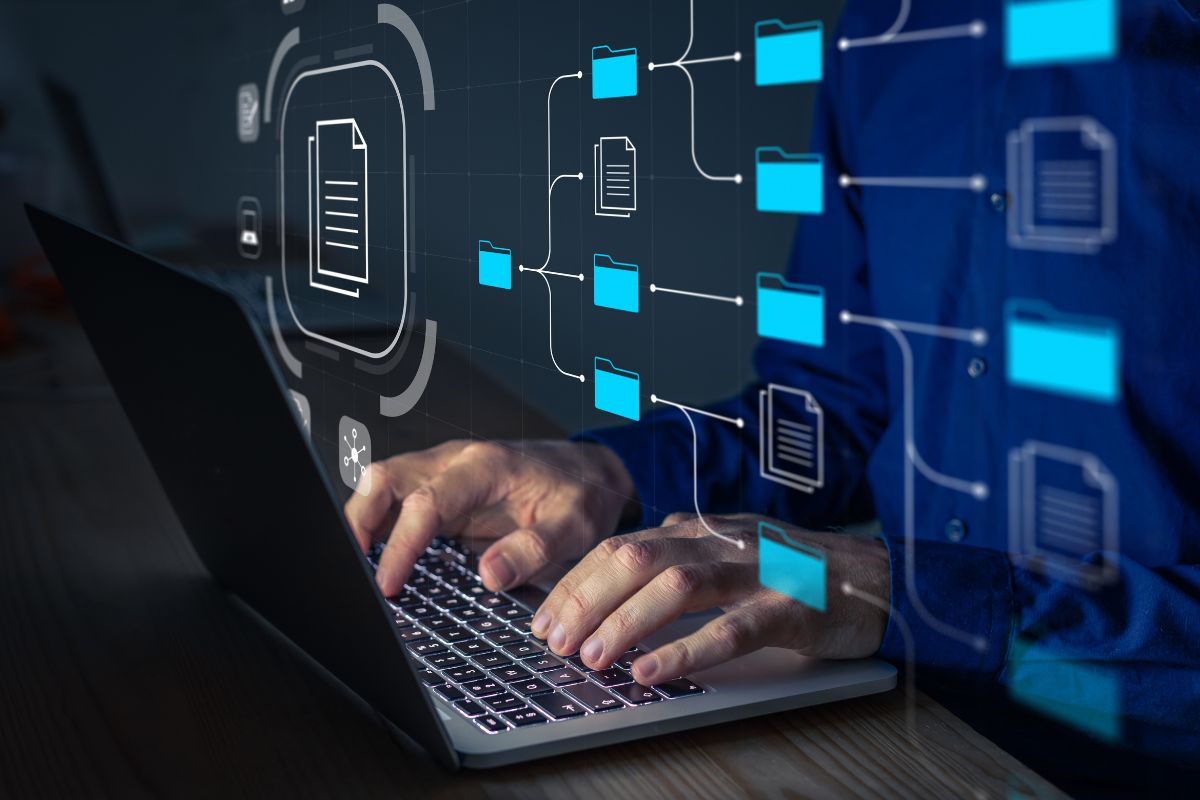Managing a library Operations management is not easy, especially using conventional methods. Librarians need to keep track of, and organize, thousands of books. They also need to make sure that the needs of the learners are met. To do this, librarians need to have cooperation from everyone, from students and teachers to administrators and staff. Every librarian is appointed for their ability and knowledge of library management.
However, it is becoming increasingly difficult to manage libraries and their resources using the old library Operations management methods. Some of the major responsibilities of librarians include –
- Placing orders for new books, journals, and learning resources
- Keeping accurate records of books and other library materials
- Assisting teachers in selecting books that can help improve their teaching method
- Ensuring complete and easy access of all learning materials to students/borrowers
- Fulfilling requests for books and other library resources from students, teachers, and other stakeholders
- Efficiently managing allocation and storage of all library resources
- Deciding and managing the library budget
- Promoting all library resources
Librarians often find these tasks becoming tiresome and monotonous in a short time. Therefore, it is highly recommended to find more effective and efficient ways of library management. Even so, it is now easy to unleash the efficiency of librarians by using library management systems that streamline library operations.
What Is a Library Management System?
A library Operations management system is a software solution to automate manual library functions and make libraries easier to manage. These include all management tasks related to libraries, such as maintaining accurate catalogs to tracking all issued books.
Besides this, an advanced LMS streamlines the management of regular library tasks, such as author name, edition, version number, etc. This makes it incredibly easy and quicker for librarians to search for, and find the books required by students and borrowers.
Using automation software effectively helps librarians to accurately track vital information, such as date of issue, due date, borrower’s name, etc. The entire library management system is mainly designed to make library management streamlined and more efficient through automation.
Integrating advanced LMS solutions helps to make library management easier, increase productivity, and make library operations more cost-efficient. These systems are the best way to arrange, organize, and manage large numbers of books systematically.
What Are Essential Features Of Library Operations Management Systems?
Now that you know the definition of a library management system let’s look at the most prominent features and how they help with efficient library management –
-
Membership Management
The membership management feature of an LMS keeps an accurate database of library members. This database includes detailed information about the member’s name, grade, ID, password, etc. It also tracks the member’s borrowing history. This feature makes it easier to manage a library’s book-borrowing operations.
-
Efficient Cataloging
Leading LMS solutions have bar-code scanners integrated with them. Every book and reading material in the library has a unique bar code attached to it. The library management system can successfully organize different books based on the librarian’s preference, such as by author name, genre of book, edition number, etc. The scanning feature makes the entire lending and borrowing process incredibly easy for librarians and borrowers alike.
-
Online Access
Advanced library management systems are online-based and allow users to access resources from different affiliated libraries using the internet. This helps to offer users more choices for resources and enhances their experience.
-
Easier Functioning
Digital LMS solutions are equipped to let users check out and return books over the Internet. Using this feature makes it easier for users to log into a bigger learning repository. It lets them search for the required books and learning materials more efficiently and makes library management easier.
-
Fee Management
Reliable library management software allows librarians to maintain detailed accounts for each member, and collect membership fees promptly. The software automatically calculates any fines or charges to collect for any lost, damaged, or unreturned books. The LMS solution also sends a notification of the fine to the relevant member using SMS or other quick notification method.
-
Analytical Reports
An advanced LMS is equipped with an automated management information system (MIS). It generates MIS reports regularly, or on demand, so librarians can find crucial information about all library transactions with a few simple clicks. This is an efficient method to track management levels and areas of improvement in the management of libraries.
-
Mobile Access
Modern LMS platforms also offer a Mobile – Online Public Access Catalog (M-OPAC). This is a smartphone app that lets users search for books and other reading materials from libraries they are members of from anywhere and at any time.
Why Choose a Library Management System?
So, we have seen how library management systems help unleash efficiency and streamline operations for conventional libraries. These digital solutions are equipped with features that enhance the overall accuracy of records and efficiency of library management. LMS makes it easier for librarians to keep track of books, organize different reading materials, and ensure overall improvement in user experience.












